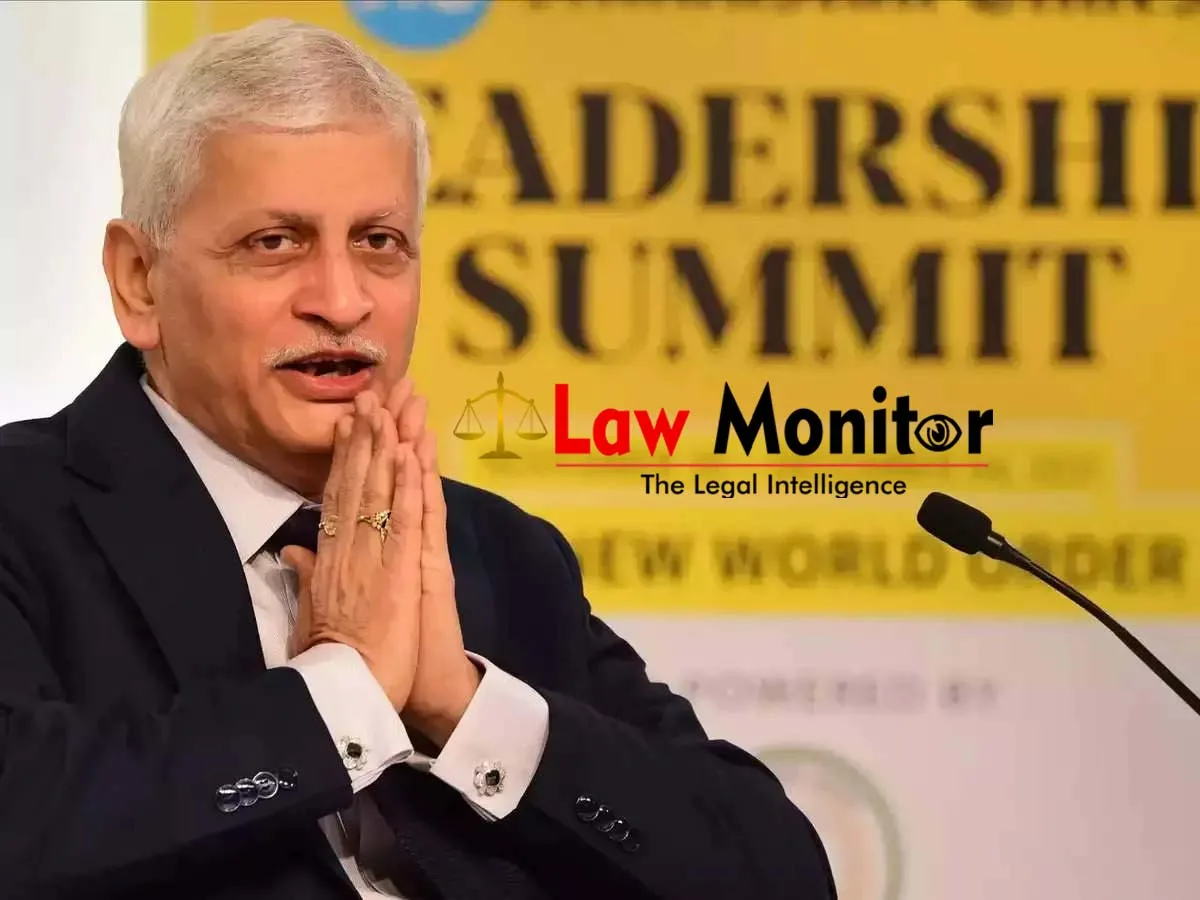Former Chief Justice of India Uday Umesh Lalit said that there is no better system available for the appointment of judges than the present collegium system.
At a seminar organized by the Campaign for Judicial Accountability and Reforms (CJAR), the former Chief Justice of India elaborated on the various levels of scrutiny and consultation that go into the process of appointing judges, and remarked that it was an “almost perfect model”.
He said, ‘According to me, we do not have any better system than the collegium system. If we have nothing qualitatively better than the collegium system, then naturally, we should work towards making it possible that this collegium system survives. The model according to which we work today is almost a perfect model”, Justice Lalit said. Judges are the best person to decide whether a candidate is fit for an appointment or not.
Speaking from his own experience as a member of the collegium (he mentioned that he had seen at least 325 names), Justice Lalit said the recommendations are filtered through a selection process that involves the state government and the central government levels. Inputs from
In addition, the Supreme Court Collegium consults judges in the Supreme Court who are familiar with that particular High Court.
He said, ‘The names are approved after this rigorous process. After this the matter goes to the Central Government. His inputs are indeed taken into consideration at an earlier stage but he may have something to elaborate on. Those objections generally must return to the Collegium for reconsideration. The initial recommendation of the Supreme Court need not be unanimous. It can be by majority vote. But the repetition must be unanimous. At the level of iteration, a lot goes into thought. Repetition is not mechanical. The cases are considered open thread”, he explained.
Justice Lalit said that the judiciary is in a better position to assess the merits of the candidates, as he has seen them perform over the years. The executive may not be in a position to make such an assessment.
He said, ‘Who has seen these judges year after year? High Court Judiciary. So aren’t they in the best possible position to consider merit? Now take the other side. Those who come to the High Court directly appointed are the persons who regularly practice before the High Court. Day-to-day your performance is assessed by a body of judges.
Professional practice of the candidate, type of cases conducted and number of decisions reported, etc. is taken into account. He mentioned that while considering a candidate, about 1100 judgments written by him were considered. He said, ‘Such strictness has been taken in this matter.
The income parameter is also taken into account to ensure that persons with professional potential are considered.
So when the file reaches the Supreme Court collegium, it has inputs on various aspects related to various functionaries and candidates.
He said, ‘Therefore, when the matter reaches the Supreme Court Collegium, then the absolutely correct position is whether to accept the name or not. Not that this is some fad exercise by someone. It is a complete proof system”.
Now imagine if the executive would be in a better position to select judges? How would someone sitting here have the knowledge to elect a judge in Kerala, Manipur or anywhere else? You should have local inputs coming from there. You must know whether the lawyer is good or not.
Judges are the best person to decide whether a man deserves that kind of respect. According to me, out of these two systems, we have no better system than the collegium system. If we have nothing qualitatively better than the collegium system, then naturally, we must work towards making it possible that this collegium system survives.
He said, “The model we work according to today is almost a perfect model. Of course, there can be loopholes. That is why the recommendations made by the High Court- 60 or 70 were dropped. The judges got the benefit. The High Court Collegium may say something but there are judges who come from those High Courts and their opinion may be different. At the level of the Supreme Court Collegium, we do this kind of objective analysis.
“Once these checks and balances are in place in the system, I don’t think there is a need for any intervention. Through this process, we have been able to keep judges for many years. Once the law is made, according to me, there should be no judicial interference on it. Whatever the objections, they should be raised at the earliest, preferably within 6 weeks. Then whatever the collegium decides, it should be followed,” he said, concluding his address.
Senior Advocates Aditya Sondhi, Dushyant Dave, Professor Faizan Mustafa and Professor Mohan Gopal also spoke during the first session of the Seminar, which was on the topic “Executive Interference in Judicial Appointments”. Advocate Prashant Bhushan gave the introductory remarks for the session. Advocate Cheryl D’Souza was the moderator for the session.



